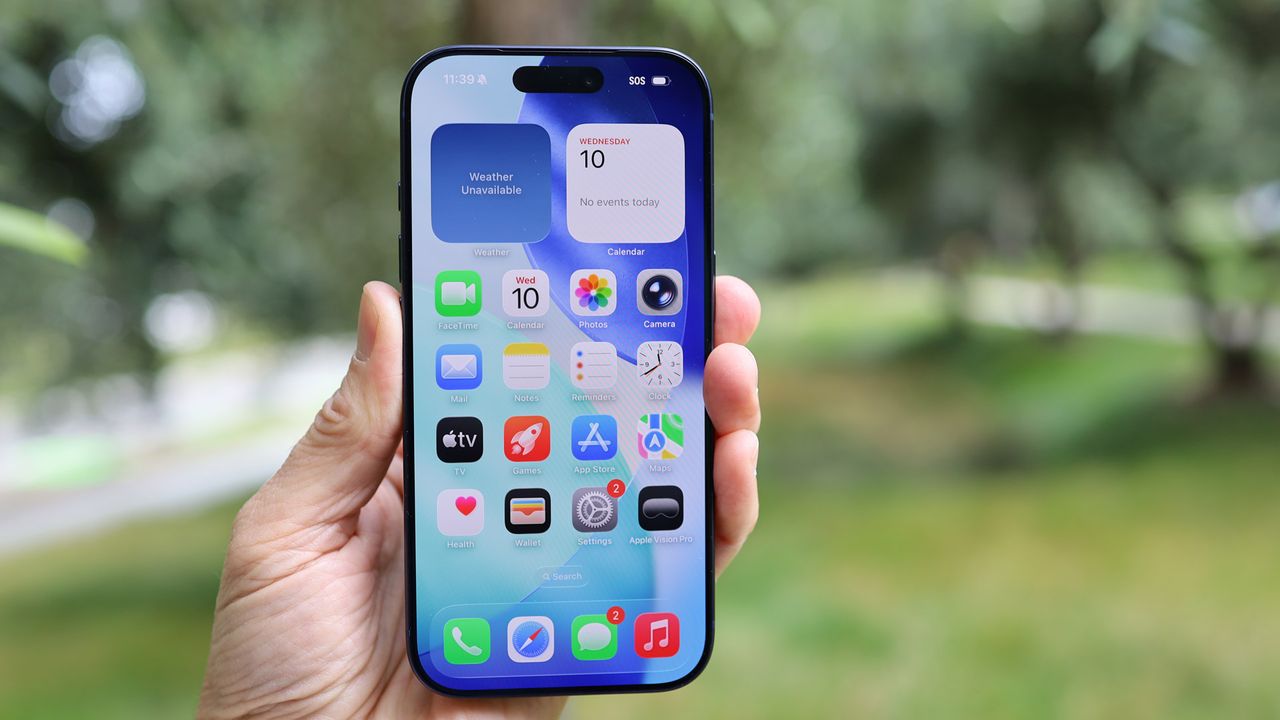
When it comes to addictions, most people think of drugs or alcohol. I should say, we typically think of people being addicted to these things. But we shouldn’t be so narrow in our thoughts. The World Health Organization is in the process of considering video game addictions on their list of conditions. The final version of this list is due out in 2018. Known as the International Classification of Diseases, this list is used by medical professionals, scientists and researchers around the world. The purpose is to define and clarify diseases. When I say considering, it’s important to note that this list is in draft. It’s in no way finalized at this point. It also hasn’t been approved by the WHO, which makes it a work in progress.
But it’s interesting that this condition has made it to the list, even if just as a temporary measure. Being called “Gaming Disorder”, it comes right after “Gambling disorder”. It’s described as a “pattern of persistent or recurrent gaming behavior (‘digital gaming’ or ‘video-gaming’)” that fit three specific criteria. The first is lack of control over playing video games – how often and when? Priority is given to gaming over other life interests, and being unable to stop playing games even when negative consequences have occurred as a result. Generally, a diagnosis will require 12 months of continued behavior.

The WHO’s classification goes on to say that the gaming disorder is applicable to both online or offline gaming. So long as they meet the above criteria, its considered a disorder. Further, they suggest that in order to be considered as having this disease, the behavior pattern must be so severe that it results “in significant impairment in personal, family, social, educational, occupational or other important areas of functioning”. But what does this mean?
Well, the big thing is that if this is found in the list, it will officially become a health condition. Which means, that doctors can diagnose you as having this particular disease. But before you get too upset about this, keep in mind that by adding this to the list, the WHO isn’t saying that everyone who plays is addicted. They are merely spelling out the idea that video games might be addicting. If you become addicted depends on how long you play as well as other considerations. Depending on the game – when, how often, how long, why, and where you play it, video games can be a safe way of improving hand-eye coordination, enhancing problem-solving abilities, relieving stress, connecting people, and living out fantasies. Just becuase you play video games, doesn’t automatically mean that you will become addicted.
This might be a bit of a generalization, but almost any activity – good or bad – can turn into an addiction. Think about it. Yes, going to the gym and working out is really good for your health and wellness, but there are people who can go overboard. I’m not a doctor, so I’m not saying that they have an addiction, but depending on how often they go and what kind of intensity they have, it could be considered one.
The whole idea of activities turning into addictions is an interesting one for me. For a really long time, I denied the fact that I was addicted to certain foods. But it’s been a year since I’ve eaten some of those really bad foods, and I still have cravings for them. Sometimes the cravings are incredibly intense. I would eat certain foods when I was going through some kind of trouble in my life – usually emotional. But replace the word food with alcohol, and now I’m an alcoholic. Or think about it from this perspective. Video games are often a way to escape our current realities, so I can see some people becoming addicted to the games. But as you can see from this last paragraph, it’s possible for you to become addicted to almost anything, I would think.

The reason that the WHO is considering this as a disease is because more and more kids are getting into them. And at younger and younger ages. At times, it starts to affect their behavior and performance at school. If your child was excessively drinking before writing a math test, you might get concerned when they fail. But why haven’t video games been considered this way as well? Please don’t take this the wrong way. I am not comparing video games directly to alcohol or alcoholism. I am merely showing how the WHO could classify this as an addiction. Nor am I suggesting that if you play video games, there is something wrong with you and you’ll become addicted. That said, please play responsibly. Everything in moderation, right?



